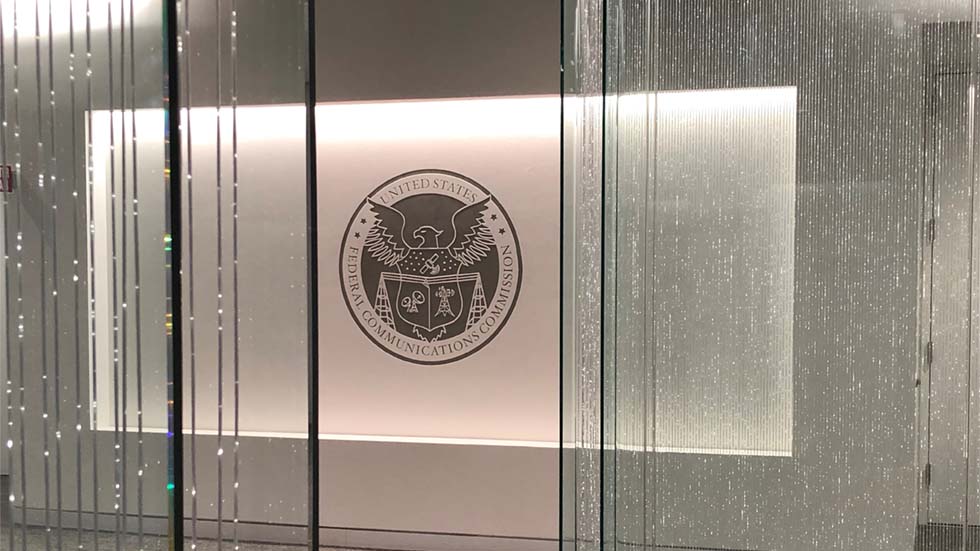Europe acts to stimulate cross-border Internet content distribution
The European Commission has launched its "Licenses for Europe" initiative to ease restrictions over cross-border movement of digital content.
The aim is to find fast if temporary solutions to Internet content distribution without waiting for new legislation to catch up with the market.
“As we are well aware, the legislative process works on a different time scale than the economy, and contractual agreements generally take effect more quickly than do European directives,” said Michel Barnier, Member of the European Commission responsible for Internal Market and Services, in a recent speech.
The "Licenses for Europe" initiative aims at reaching a contractual solution among member states to overcome current difficulties faced by Europe in the face of the fast-evolving market for online content distribution.
Currently, the distribution of content in the European Union is subject to numerous restrictions and complications, often because of fragmented copyright legislation and enforcement between countries. This has had a negative effect on overall content distribution in the EU, and the initiative aims to harmonize procedures by taking a multi-stakeholder approach, although that itself can slow things down.
The European Commission, the EU’s executive body, has set out key objectives for the initiative, including that the Internet must offer Europeans the widest possible access to quality content, but also that it must give rise to contractual relationships between the various stakeholders that respect the rights of content owners. It must also enable web entrepreneurs to draw on the single market to launch innovative services.
The initiative launched in Brussels.
Get the TV Tech Newsletter
The professional video industry's #1 source for news, trends and product and tech information. Sign up below.
“The ball is now in your court," said EU Commissioner for the Internal Market and Services Michel Barnier, explaining the situation to representatives of stakeholders across the copyright value chain. "Licenses for Europe must not, and will not, be a forum for mere discussion. It must be a place where market stakeholders, including consumers, meet together to find fast, specific solutions to problems arising in the here and now.”
Commission Vice-President of the Digital Agenda Neelie Kroes focused on the need to modernize. “Old practices need to adapt to new digital realities. That calls for real change, and legal and practical solutions,” she said.
Then, Commissioner for Education and Culture Androulla Vasiliou stressed that copyright remains a way of protecting cultural diversity and rewarding creativity, and urged participants to search for “pragmatic, bottom-up and short-term solutions”.
EBU members will participate in three of four specialized Working Groups set up for the initiative, "cross-border access and portability of services", "audiovisual sector and cultural heritage" and "user-generated content and licensing."
